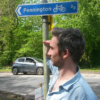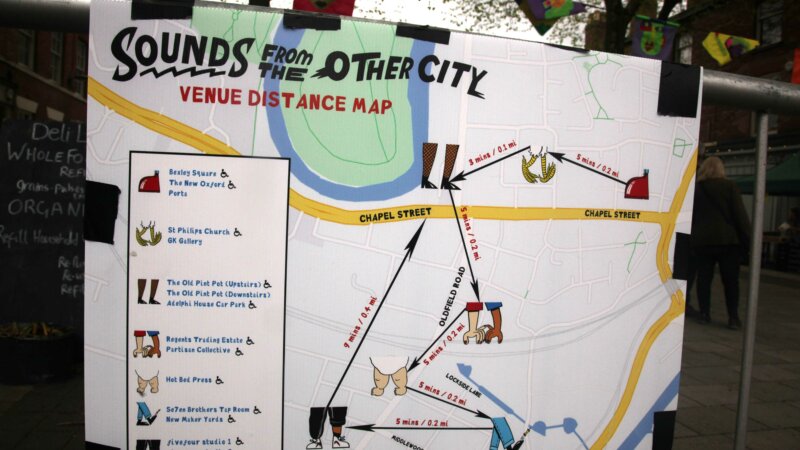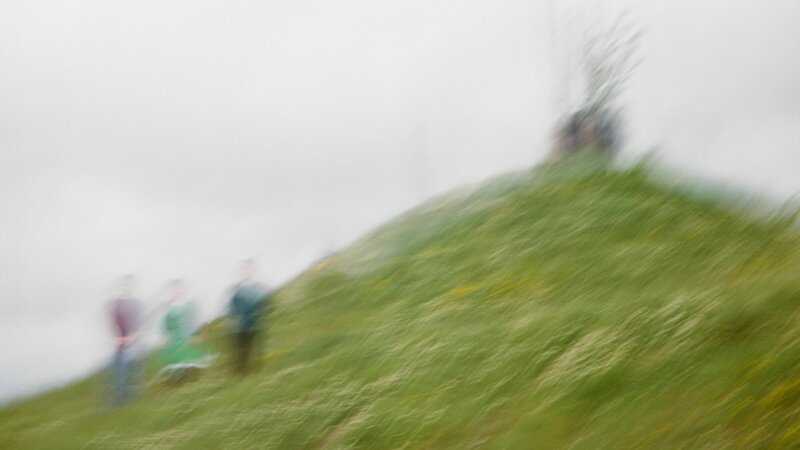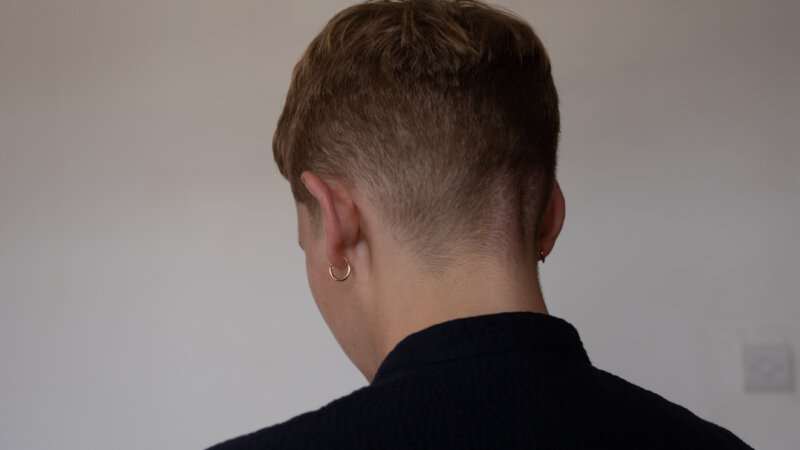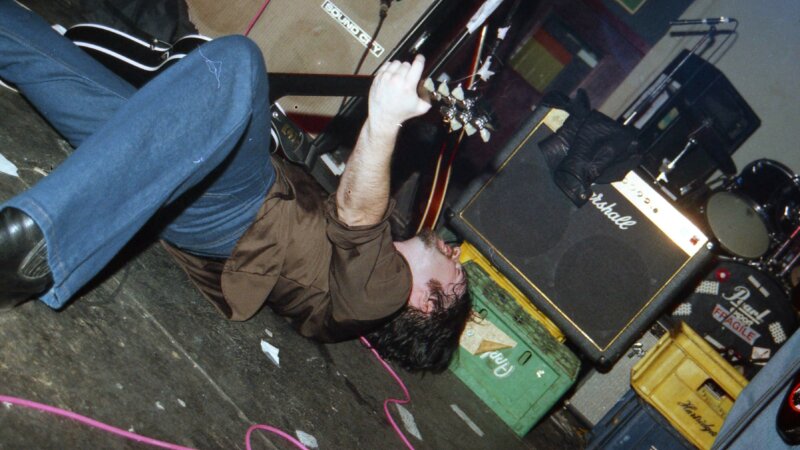Un-Convention at 100: Still Doing It Together
Un-Convention was created for independent labels, musicians, promoters and innovators to share ideas. We spoke to co-founder Jeff Thompson as the event nears its 100th edition.
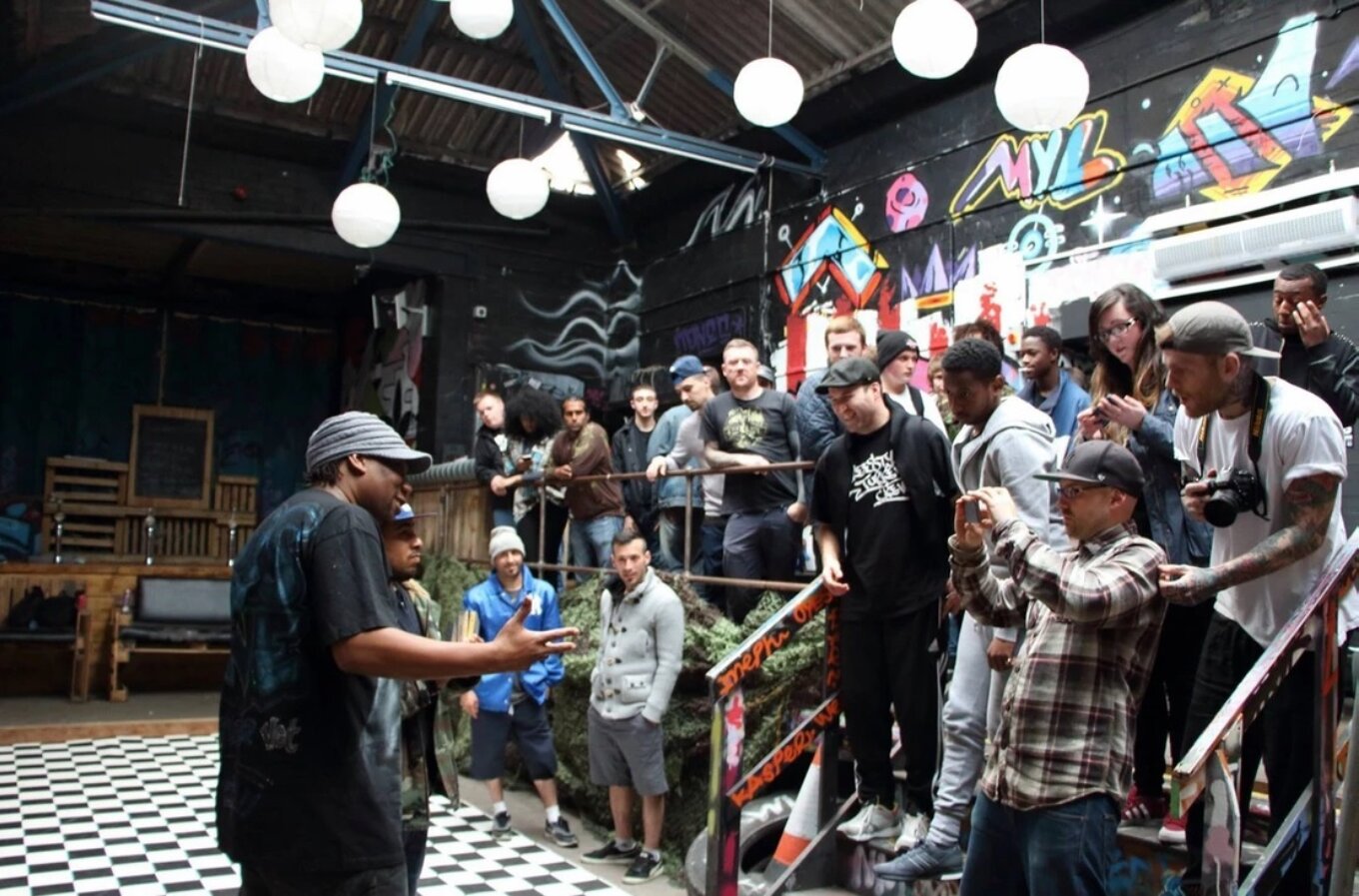
Rapper KRS-One talks to young musicians as part of Un-Convention's Estate of Mind project.
Around a decade ago, with the bloated guffaws and wallets of attendees of the In The City music industry conference echoing across the Irwell, a group of Greater Manchester labels and promoters sought a more relatable platform for discussion and debate.
Soon, the first Un-Convention was created at Chapel Street, Salford’s Sacred Trinity Church as the antidote: a platform for independent labels, musicians, promoters and innovators to share ideas, anecdotes and experiences within a grassroots music context that was still getting to grips with digitisation and the possibilities of DIY approaches.
After a successful debut, the conference discovered other city-regions sought the same cohesion, and Un-Convention has toured across the UK and beyond.
We spoke to co-founder Jeff Thompson as the event nears its 100th edition back in Greater Manchester.
Un-Convention soon outlived its catalyst, In The City. In what ways do you feel this counter-cultural inception remain relevant today?
Thinking back to 2008, the real impetus to start Un-Convention was as an excuse to get together with like-minded people. There was a bunch of record labels in Manchester at the time and we’d catch up once in a while, but we were conscious there wasn’t really anything beyond that. We’d go to events like In The City, Midem and SXSW, but they tended to be pretty expensive and not necessarily places you might connect with people from similar scenes to the one we were working in. Hence, in a time when people were figuring out new ways to release their own music, and put on their own shows, we decided to put together our own music conference, something that would be accessible to people like us.
Looking back, I guess those first events captured something of a zeitgeist – we were all getting a bit better connected and it meant a small idea could spread pretty quickly. We weren’t the first, or even particularly good at doing this kind of thing, but I think a lot of artists and people trying to champion independent music were just looking for support and ideas at the time. In fact, the original plan was to just get together a few people in the pub, but within a matter of weeks it became clear that people from all across the country wanted to come and get involved and that became the first Un-Convention.
In that respect, I think things are just as relevant today. We’re certainly all much better connected now than a decade ago, but still we’re huge believers in the power of getting passionate, like-minded people together in the flesh for a couple of days to make connections, share problems and come up with new ideas. The great thing is there’s loads more events nowadays that are accessible to people from all levels of the industry, that feeling of exclusivity that we got from the big conferences back when we started has pretty much gone. But really it wasn’t so much about being against anyone else, we were doing it for ourselves and other people at the coalface of independent music, and that’s never really changed.
Un-Convention introduced me to Young Fathers via the first and only gig I’ve seen on a barge. How has this been matched at other cities’ Un-Conventions?
Ha, yes. I think my favourite was when we put some corporate bankers and a couple of MCs together in a boxing gym changing room to make a record in two hours. And of course, using unusual places has been a big part of Un-Convention over the years. The first one was in a church in Salford, just because we had access to it, but more by accident than design it set the tone for a lot of stuff. For a start, I think it disarmed a lot of people – just that idea of having a rock ’n’ roll conference in a church, but also it stuck in people’s heads. We’ve used loads of churches since, and ministers, museums, parks, garden centres – no more barges though, at least not yet.
How do you go about curating the live acts, and who are your picks of the bunch for UnCon#100?
It varies from event to event, but really it’s artists that we think embody the independent spirit and ethos. The curation might be through panellists and delegates – we have a lot of record labels, managers, promoters and festival organisers involved with the events anyway, so we have plenty of ears to the ground as it were.
We also still work with a lot of artists over the course of the year. For example, we run a touring network across 85 towns and cities, so we get to see a lot of new music that way. What we really like to try and do is have the artists that are playing also speaking on the panels during the day. This year, for example, we have Kirsty Almeida playing one of the nights, but she’s also going to speak about what it takes to make a long term career in music during the conference. We’re still finalising some of the line-up, but from what we’ve announced so far, PINS, The Lottery Winners, Indigo Velvet and Working Men’s Club on the Thursday evening will be quite something.
Working Men’s Club are pretty new, but are already getting loads of support from the radio; Indigo Velvet are coming down from Edinburgh, we’ve put them on a few times at festivals and so on and their music is contagious – tropical pop for a wintery Manchester evening. We’re really made up to have PINS along, they just keep going from strength to strength and I’m particularly excited to see them in this venue. The Lottery Winners are incredible live too – I’ve a feeling they have a really big year ahead of them. Any one of those four would make for a fantastic show in their own right, so the fact we’ve got them all together in a 100-year-old theatre for the evening will hopefully make for something very memorable.
What success stories have you heard from past attendees who’ve gone on to contribute to their local music scene?
I think that’s the most fulfilling thing about doing what we do, when you get to hear about people meeting new collaborators or sparking up conversations that then lead to new things happening. It’s pretty much the main reason we do the events. We’ve had people get in touch who’ve started labels, set up networking groups or toured new countries as a result.
In terms of specifically contributing to their local scene, I think one of the biggest success stories has been the Kenya Music Co-operative. The guys who started it came to a panel we did about alternative business models and the idea of setting up co-operatives to help galvanise music scenes. They really liked the idea and set about making it happen in Kenya. The co-operative has now been going for around five years and over the time has involved hundreds of musicians. They’ve worked together to put on events and release an album, we even worked with them to set up a collaboration between artists in Nairobi and Manchester. Nowadays they are providing a voice for artists at meetings with government officials in the country, and it’s a great example of Do It Together, the strap line we adopted at the very beginning of Un-Convention.
In what ways have the speakers and panellists for this year’s event caught your eye?
We’ve some wonderful speakers coming for our 100th event, from all different parts of the industry. It’s going to be a real gathering of the great and the good from the independent music sector. We’re excited to have Martin Goldschmidt, the Chairman of Cooking Vinyl, who release the likes of james, Nina Nesbitt and The Prodigy, along for it. In fact, there’s a whole host of really cool labels involved, from Hospital Records, Leaf Label and Secretly Canadian to Big Scary Monsters and Lab Records. It’s going to be really interesting to hear their views on the modern industry, and what’s currently working for them.
Scott Cohen from the Orchard is coming, who I always love to hear speak as he’s very much ahead of the curve when it comes to developments in the industry. Then we’ve got a whole bunch of people from influential industry organisations coming to take park, the likes of Lucie Caswell from the Featured Artist Coalition, Paul Reed from the Association of Independent Festivals, Kelly Wood from The Musician’s Union and John Rostron from the Association of Independent Promoters. Again, it’s going to be fascinating to hear their insights on how the modern industry is working and how we can move things forward.
We’re covering a range of topics, from modern label and live strategies to DIY scenes, mental health and Brexit. We also have industry professionals from 19 European countries joining us for the event, so I think there could be some important and hopefully positive discussions about what we can do going forward for artists moving between the UK and Europe.
On top of all that, we’re also covering things like how music is used for positive change with speakers like Emma Rule from Musicians Against Homelessness and Zak Cochrane from Love Music, Hate Racism, which is a really important area for us to include. And as always, we have a bunch of inspirational artists coming to speak, including the likes of JP Cooper, Graham Massey, Barry Hyde, Mez, Lady Sanity, Chiedu Oraka and hopefully one or two more surprises still to announce.
You’ve been able to use the Niamos venue before at the Rusholme/Hulme edition (UnCon#39). How important is the location? What drew you back to Niamos?
Yeah, we used the venue back in 2012 for an evening showcase, although at that time it was owned by a church and wasn’t getting used so much for this kind of thing I don’t think, although historically there have been some amazing shows there. It’s now been taken on by a brilliant collective of Manchester creatives, who are breathing new life into the place, and really that’s one of the main reasons we wanted to go back and use it again.
The building is incredible, it’s over 100 years old and is stunning. I only know a little about its history, but The Beatles did their first radio broadcast from there, and in the 90s Nina Simone came to play. It really is a gem and we’re so pleased to be going back there, and to Hulme which has played such a significant role in Manchester’s music history. We’re bringing people from across the UK and indeed Europe for the event and I think it’s great that we can take them somewhere a little different.
Will the 100th event be a good number to round off the series or do you have another 100 in mind?
Haha, well, when we started there wasn’t even a second one in mind, so goodness only knows how we made it to 100. In truth, although 100 is a nice round number, we’ve got lots more planned and there’s a whole new momentum to everything. There’s certainly been ups and downs along the way, but ten years in and we still have a lot of support and goodwill, and brilliant people still answer our calls and want to get involved, so I guess we’re lucky in that respect. We’re currently working with partners in five other countries on a four-year project and there’s a host of other really interesting things on the horizon. Plus, aside from the events we still have a number of ongoing projects that keep us busy, so we won’t be wrapping things up just yet. Whether I personally will make another 100, well we’ll see, I’ll have to make it to March first. Perhaps we can have Un-Convention 200 on a barge though.


